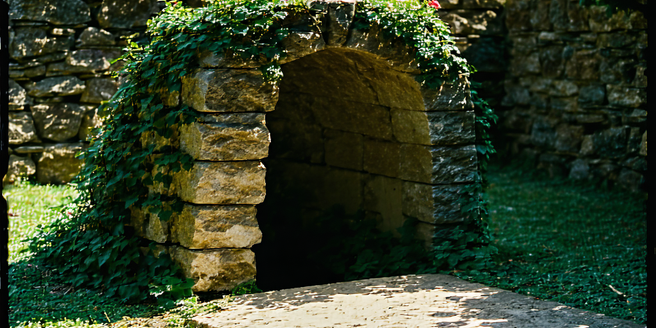The Historical Origins of the Feast
The Feast of Christ the King was instituted by Pope Pius XI in 1925, amid growing secularism and nationalism. It aimed to reaffirm Christ’s sovereignty over all nations and aspects of life. By establishing this feast, the Pope sought to combat the waning influence of Christianity in modern society, emphasizing the importance of acknowledging Jesus Christ as the ultimate authority. The timing was significant, coinciding with the 1600th anniversary of the Council of Nicea, which firmly established the divinity of Christ. This feast serves as a reminder of the cohesive power of shared beliefs. As secular ideologies continued to rise, the Church felt a dire need to consolidate its spiritual influence. Although a relatively recent addition to the liturgical calendar, it underscores enduring themes of faith and allegiance.
Significance in the Liturgical Calendar
The Feast of Christ the King marks the conclusion of the liturgical year in the Roman Catholic Church. Celebrated on the last Sunday of Ordinary Time, it serves as a reminder of Christ’s eternal reign and coming in glory at the end of time. Positioned just before Advent, this feast prepares the faithful for the anticipation of Christ’s nativity. It calls for personal and communal reflection on allegiance to Christ’s teachings. The celebration invites the community to renew their commitment to living according to the Gospel. The feast challenges believers to live with Christ-centric principles, enlightening the significance of Christ reigning in hearts and lives. Liturgically, it transforms ordinary time into a moment of declaration of Christ’s ultimate authority in the ecclesial and cosmic realms.
Symbols and Traditions Associated with the Celebration
The Feast of Christ the King evokes a rich tapestry of symbols and traditions deeply woven into its observances, illustrating Christ’s sovereignty. The liturgical color is white or gold, symbolizing victory and majesty. This celebration marks the culmination of the liturgical year in the Catholic Church. Processions and Eucharistic adoration events are common, highlighting the reverence and honor due to Christ the King. Hymns such as “To Jesus Christ, Our Sovereign King,” are often sung, reinforcing the theme of Christ’s dominion. Statues and icons of Christ the King, clad in royal attire, are displayed prominently in churches, serving as visual reminders of His kingship. Many parishes incorporate coronation imagery, symbolizing Christ’s universal rule, creating a vivid and powerful testament to His sovereign presence.
Global Observances and Cultural Variations
Globally, the Feast of Christ the King is celebrated with distinct cultural variations, reflecting the local traditions and customs that enrich this solemn occasion. In many places, the feast day is an opportunity for communities to come together in unity and faith. In Mexico, elaborate processions and fireworks mark the day, demonstrating national devotion. In the Philippines, this feast is combined with the celebration of Christ the King Sunday, involving grand street parades and religious fervor. African countries often incorporate vibrant choirs and traditional dances, reflecting communal joy in acknowledging Christ’s supremacy. The feast is celebrated ecumenically in some communities, highlighting a shared affirmation of Christ’s reign among various Christian denominations. Its global diversity underscores both the universal appeal and adaptable nature of this significant feast.
Reflections on Christ’s Sovereignty Today
Reflecting on Christ’s sovereignty today invites believers to evaluate how His kingship influences everyday life. In a world marked by division and uncertainty, the Feast of Christ the King challenges individuals to recognize Christ’s guiding authority and peace. It invites introspection on issues of justice, compassion, and love, principles embodying His reign. This reflection encourages living a life of humility, service, and witness in a secular society. As believers gather to celebrate this feast, they are reminded of the universal call to unity under Christ’s gentle rule. The feast exhorts believers to act as ambassadors of Christ’s message, engaging with cultural and social issues through the lens of His teachings. It is a profound reminder of Christ’s enduring presence and the transformative power of His love in contemporary times.









